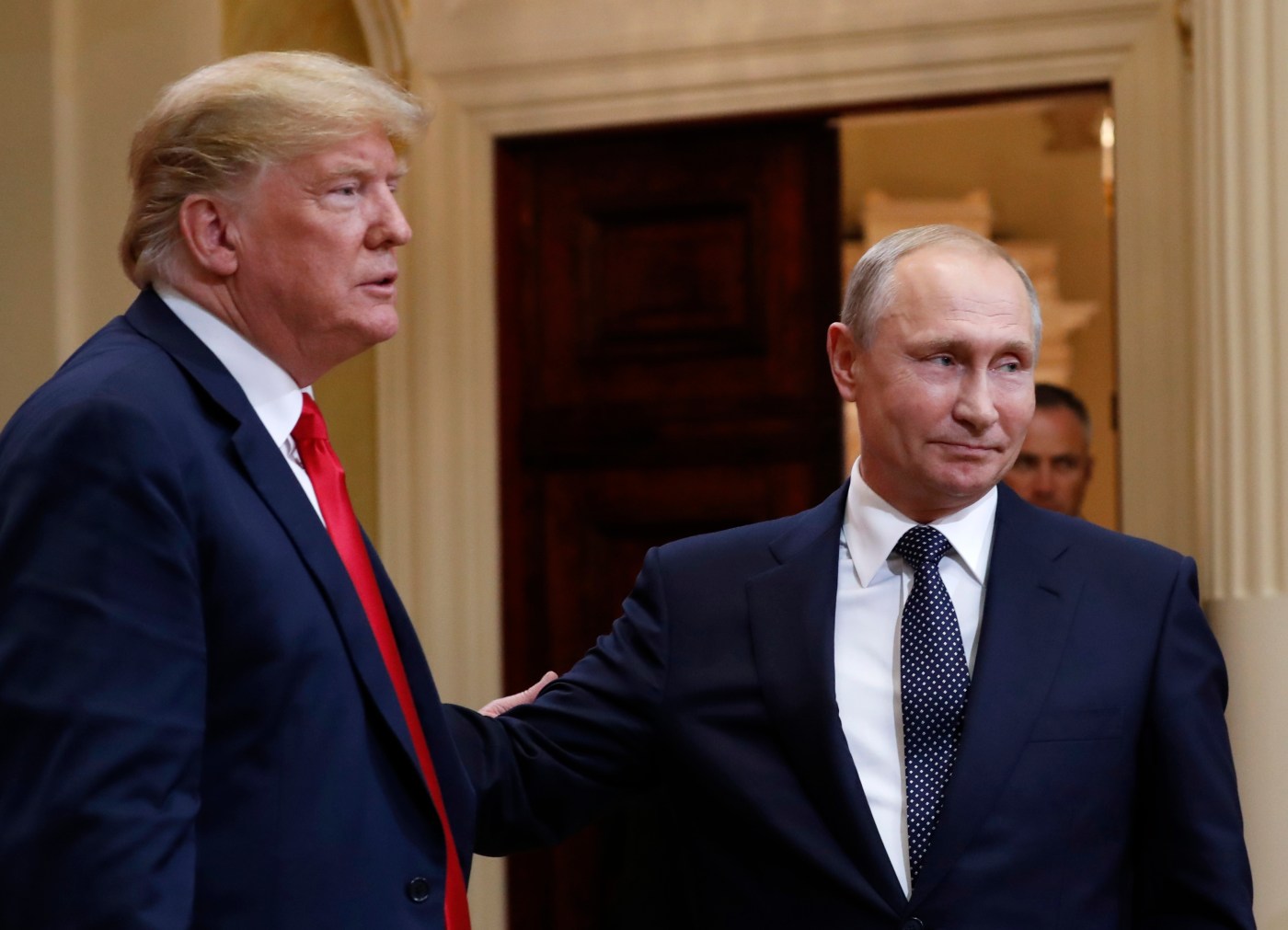On October 4, 2023, Donald Trump met with Vladimir Putin at a U.S. military base in Anchorage for discussions aimed at addressing the ongoing conflict in Ukraine. This meeting continues a series of high-profile talks intended to find a resolution to Russia’s invasion, which began earlier in the year. Notably absent from the discussions was Ukrainian President Volodymyr Zelenskyy, leaving a significant gap in representation for the nation directly affected by the conflict.
Concerns Over Territorial Integrity
The absence of Ukraine from these negotiations raises critical questions about the future of its sovereignty. President Zelenskyy’s exclusion means that vital discussions regarding the country’s territorial integrity are taking place without its foremost representative. This situation is particularly alarming as Putin has expressed intentions that could lead to the annexation of Ukrainian territories, a move that could reshape the geopolitical landscape in Eastern Europe.
Trump’s remarks regarding potential “swapping” or “changes in land” have drawn scrutiny. These comments suggest a willingness to entertain compromises that could undermine Ukraine’s claims to its land. Nevertheless, Trump’s commitment to consult with NATO allies before making any decisions offers a glimmer of hope that broader international perspectives will influence the talks.
Should Putin succeed in retaining Ukrainian territory, there are concerns that this could embolden further aggression against neighboring countries. The potential for increased territorial ambitions from Russia poses risks not only to Ukraine but also to international stability. A failure to address these issues could lead to a dangerous precedent where military aggression is tolerated.
Strategizing for Negotiation
Trump’s approach must involve recognizing the stakes involved in these discussions. The United States has invested heavily in supporting Ukraine’s sovereignty, and there is a strong moral imperative to protect this investment. As negotiations unfold, it is crucial that Trump engages from a position of strength, ensuring that the principles of Ukrainian self-determination and international law are at the forefront of any agreements.
While Trump has often relied on bold promises and straightforward solutions in domestic politics, the complexities of international diplomacy require a more nuanced approach. The challenges presented by the current geopolitical climate necessitate careful deliberation and expert involvement rather than a simplistic, headline-grabbing strategy.
As the talks progress, the implications of the outcomes will extend beyond the immediate parties involved. The international community is watching closely, aware that the results could influence global power dynamics for years to come. The discussions between Trump and Putin hold significant weight, and the need for a measured, strategic response has never been more critical.








































































